Electrical System Upgrades?
yegg
10 years ago
Related Stories
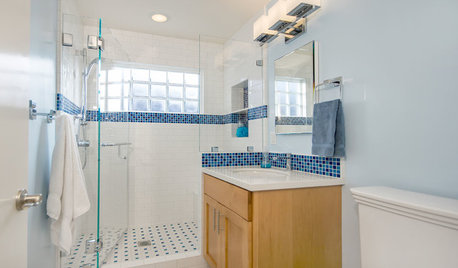
BATHROOM DESIGNLight-Happy Changes Upgrade a Small Bathroom
Glass block windows, Starphire glass shower panes and bright white and blue tile make for a bright new bathroom design
Full Story
GREAT HOME PROJECTSHow to Add a Radiant Heat System
Enjoy comfy, consistent temperatures and maybe even energy savings with hydronic heating and cooling
Full Story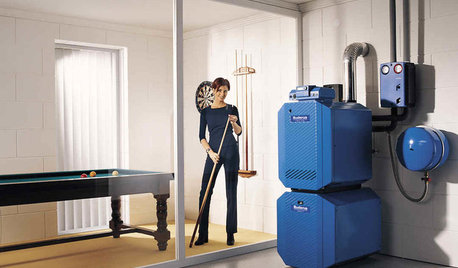
HOUSEKEEPING5 Steps to Improve Your Heating System Now
Increase your heater's efficiency and safety for lower energy bills and greater peace of mind this winter
Full Story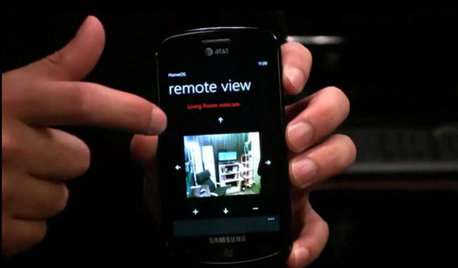
HOME TECHDoes Your Home Need an Operating System?
New technologies hope to unify the lawless frontier of home-automation products. Would they work for you?
Full Story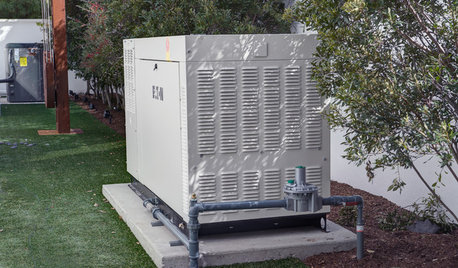
DISASTER PREP & RECOVERYMore Power to You: How to Pick the Right Generator
If your home's electricity goes, don't let it take your necessities with it — keep systems running with this guide to backup power
Full Story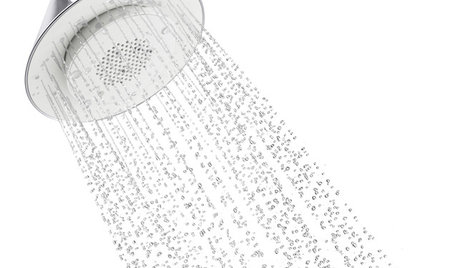
HOME TECH3 Shower Sound Systems That Beat Your Clunky Old Radio
Stream music, radio and podcasts — and even take phone calls — right in your shower, with wireless and water-resistant sound systems
Full Story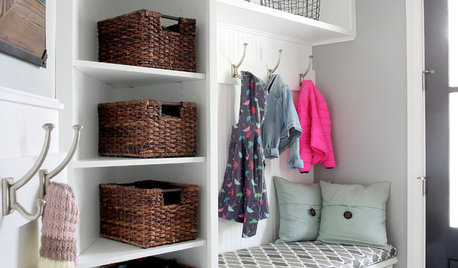
MOST POPULAROrganized From the Start: 8 Smart Systems for Your New House
Establishing order at the outset will help prevent clutter from getting its foot in the door
Full Story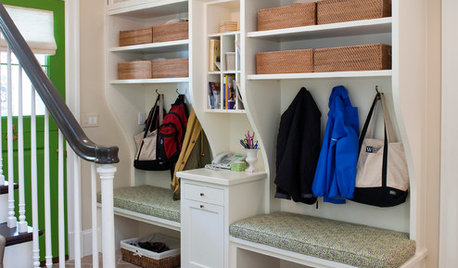
ORGANIZINGWant to Streamline Your Life? Get a System
Reduce stress and free up more time for the things that really matter by establishing specific procedures for everyday tasks
Full Story
HEALTHY HOMEHow to Choose a Home Water Filtering System
Learn which water purification method is best for your house, from pitchers to whole-house setups
Full Story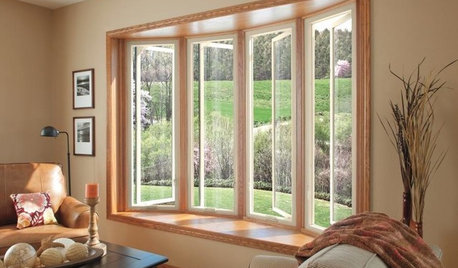
GREAT HOME PROJECTSUpgrade Your Windows for Beauty, Comfort and Big Energy Savings
Bid drafts or stuffiness farewell and say hello to lower utility bills with new, energy-efficient windows
Full Story





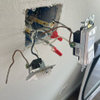
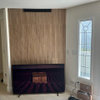
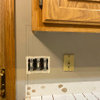
btharmy
randy427
Related Professionals
Arlington General Contractors · Franklin General Contractors · Galveston General Contractors · Great Falls General Contractors · Groton General Contractors · Groveton General Contractors · Hercules General Contractors · Langley Park General Contractors · Rocky Point General Contractors · Shorewood General Contractors · Channahon Handyman · Hemet Solar Energy Systems · Melville Solar Energy Systems · Goldenrod Home Automation & Home Media · Silver Spring Home Automation & Home Mediabus_driver
garymunson
invisible_hand
petey_racer
btharmy
invisible_hand
petey_racer
invisible_hand
greg_2010
petey_racer
yeggOriginal Author
yeggOriginal Author
btharmy
ibewye